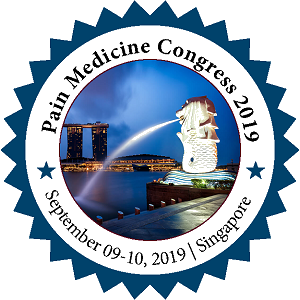Rajni Kaushik
TUV SUD PSB Pte Ltd
Title: Rethinking standardisation for non-sewered sanitation to fight waterborne infections
Biography
Biography: Rajni Kaushik
Abstract
Waterborne diseases are responsible for 1.5 million child deaths annually due to poor sanitation and unsafe water. Over 2 billion people use toilets connected to septic tanks that are either not safely emptied or discharged into open drains or surface waters resulting in increased prevalence of diseases and pollution of the environment.Decentralized, energyâ€efficient wastewater treatment technologies enabling water reuse are needed to sustainably address sanitation needs in water and energyâ€scarce environments. These innovative technologies will face challenges in terms of technological reliability and social acceptability in the market with respect to their performance against microbial pathogens. The conservative way of wastewater treatment plants relies mostly on bacterial indicators. These coliform bacteria are unreliable indicators of wastewater sanitary quality as helminth ova are very resistant to those environmental factors that reduce the numbers of bacterial indicators or viruses in sludge. Thus, coliform bacteria testing may not adequately predict the presence of viruses, protozoa or helminths. When decentralised wastewater treatment is the primary mechanism to protect the public from infectious diseases, a comprehensive microbiological quality testing becomes crucial. In this paper, we describe how technical performance standards can help in the evaluation and adoption of innovative technologies in non- sewered sanitation. Here, we also demonstrate how the two new ISO standards (ISO 30500 and DIS 31800) on non-sewered technologies systematically and proactively addresses laboratory and field tests for testing of all key infectious agents (Bacteria, Virus, Protozoa and Helminths) with practical and reliable surrogates for future technologies. Both the ISO standards address stringent requirements towards microbial log removal using these surrogates paving the way towards unbias evaluations of innovative technologies.
Keywords: Microbial Pathogens, Non-sewered sanitation technologies, Infectious agents

